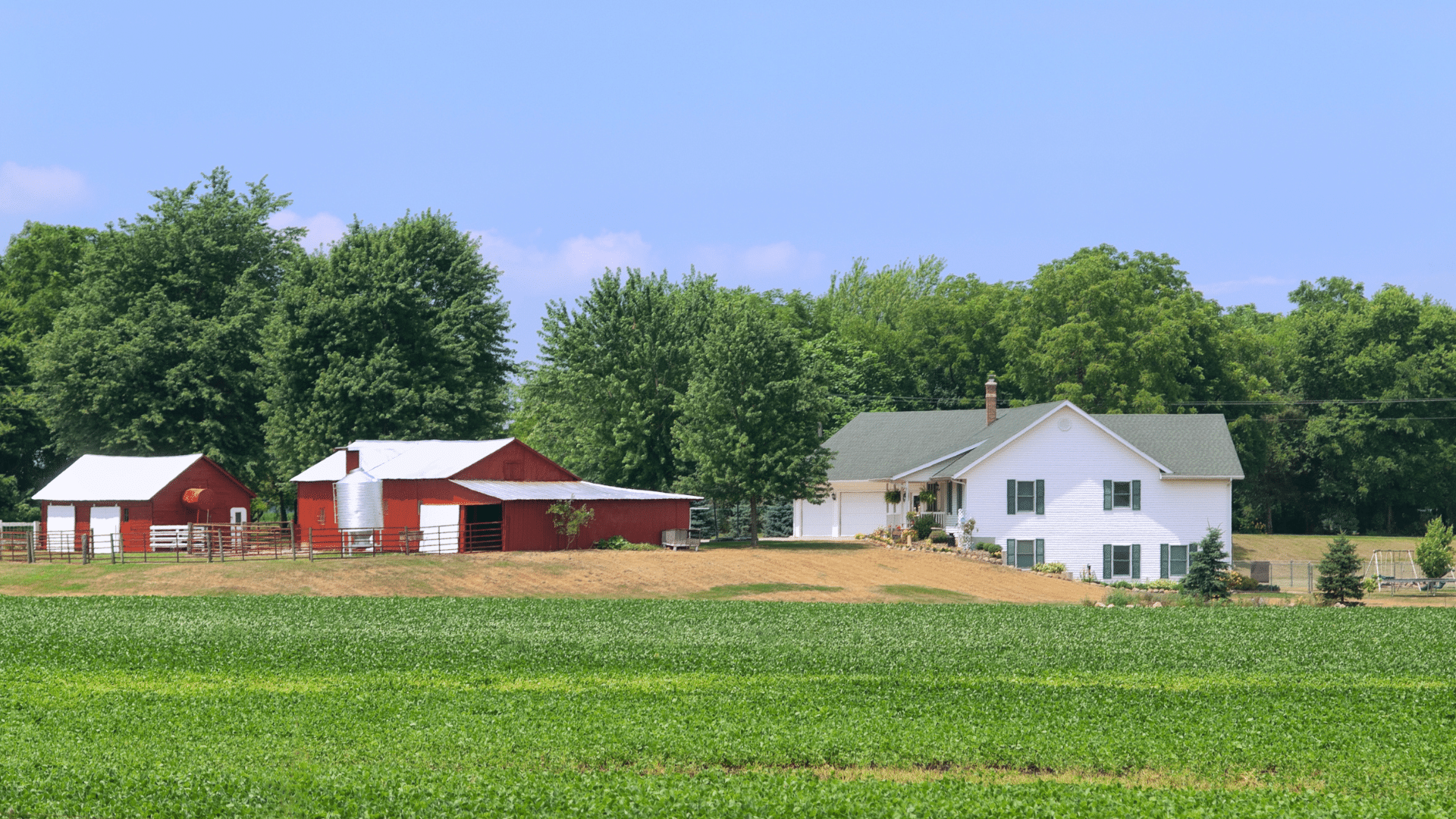
Farming is a capital-intensive business with significant assets like farmland, inventory, building, machinery, and quota. Every farmer thinks of transferring their farm business to the next generation of family members without bearing a significant tax bill. That is what intergenerational farm rollover provisions of the Income Tax Act are for. They list conditions where you need not pay or pay low taxes while transferring eligible farm assets to eligible family members.
The provisions are complex with several conditions, but a few tips can help you make the most of this provision. While you read further, remember that a professional wealth advisor can guide you better with the farm succession planning on a case-by-case basis, as tax can come back even after transferring the property.
There is a lot to know about the intergenerational farm rollover provision. Let’s begin with the eligibility of the asset and the family member.
Which Assets are Eligible for Intergenerational Farm Rollover?
Farm Land
The land you are looking to transfer should be in Canada and have been used more than 50% of the time for farming business. The farming business includes raising and harvesting animals or plants or their byproducts. In addition, any family member – you, your spouse or any of your children – should have been actively engaged continuously in the farming business. If you meet all the above three conditions, you can use intergenerational farm rollover provision.
Suppose you used a parcel of farmland for non-farm activities, like trucking or solar energy generation, or rented the property to another person to do farming business. In that case, that parcel of land becomes ineligible for the provision. Of course, you can still transfer that parcel to your next generation, but it will be treated as a standard transfer and incur tax.
Building, machinery, and equipment
These are depreciable assets. As a farmer, you have deducted depreciation expense from your taxable income using capital cost allowance. You can transfer these assets at undepreciated capital cost (UCC) to avoid any capital gain. For instance, you purchased equipment worth $5,000 four years back and have been depreciating it annually by $500. The UCC of the equipment is $3,000 ($5,000-$2,000 total depreciation). You can transfer that equipment to your children at UCC.
Family Farm Partnership or Corporation
It is advisable to create a family farm partnership or corporation and put all farm assets, including inventory, in the firm. Then you can transfer interest and shares in the corporation to the next generation. It is convenient as you can divide assets among your children and conduct the transfer smoothly.
Farm inventory is not eligible for the rollover provision, and you have to transfer it at fair market value (FMV). The entire FMV will be added to your income.
Eligible children
A farmer can roll over the assets to children (including an adopted child and stepchildren) and their spouses, grandchildren, and great‑grandchildren as long as they are residents in Canada. However, the rollover rules differ when the property is transferred to a spouse or common-law partner.
Things Farmers Should Consider Before Rollover of Farm Assets
When you roll over farming assets to a child, you can transfer the asset at any price between cost and FMV. For instance, Mary purchased farmland 20 years back for $50,000. Today its value is $200,000. She can sell this land to her children for any price between $50,000 and $200,000. But she has to consider three things before determining the sale value:
Her tax position
The Canada Revenue Agency (CRA) allows a $1 million lifetime capital gains exemption (LCGE). If Mary has already used $900,000 of the LCGE, she might have to consider a selling price that does not attract a significant tax bill.
Her cash needs
Mary has a long retirement ahead of her, and with no working income and growing medical bills, she has to ensure she has sufficient money in her investment pool. While transferring the land to children, she has to take a pragmatic approach and ensure her retirement is secure.
Her child’s tax position
If Mary sells her land at a cost (of $50,000) to her children, it may look like a great deal but not a wise decision on the tax front. If Mary sells the farm at $200,000, she increases the child’s cost base. If the child sells the property later in the future for $300,000, the child’s capital gain would be $100,000 ($300,000 – $200,000).
While we are on the topic of the sale of land, the CRA can deny Mary the tax benefit from the rollover if the child sells the property within three years of the transfer. If that happens, Mary has to bear the tax burden of the capital gain, leaving her with fewer funds for retirement.
Farmers Need to Plan for Intergenerational Rollover
The many conditions of intergenerational rollover need long-term planning. For example, you might not want to transfer the assets to a child not interested in farming, but you want to distribute the assets equally. At the same time, you don’t want to be left penniless in your retirement years. Many farmers transfer assets after death, but sometimes that may not be feasible.
Contact Ford Keast LLP in London for Farm Succession Planning
A professional wealth advisor is well-equipped to handle the nuances of succession planning and guide you on the best alternative that is tax efficient and good for you, your children, and the farm business. Ford Keast LLP can provide succession planning services for your farm assets. To learn more about how Ford Keast LLP can offer you agricultural / farm succession planning, contact us online or by telephone at 519-679-9330.



